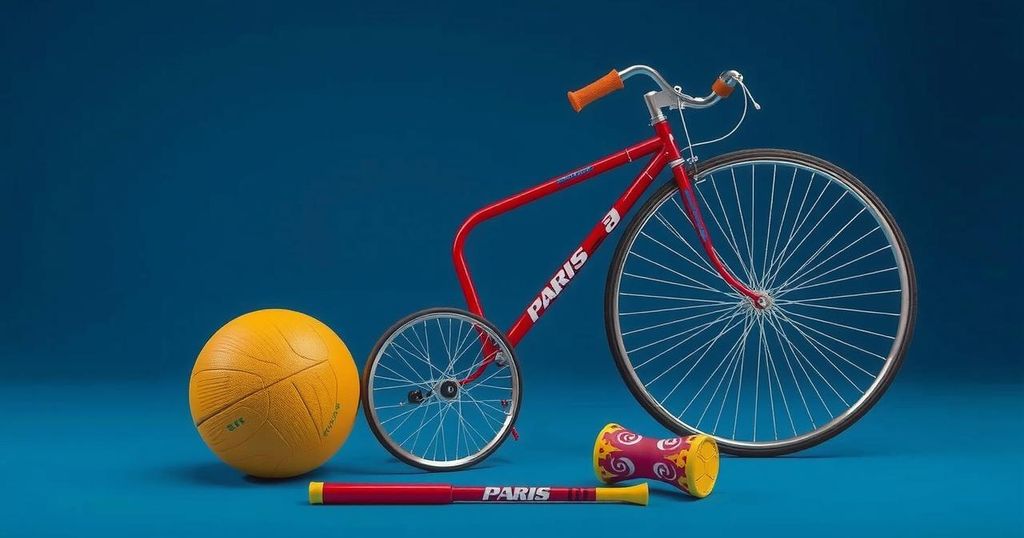Paris 2024 Games: A Commitment to Sustainability and Community Support
The Paris 2024 Games are committed to sustainability, reusing 90% of sports equipment and donating assets to benefit local communities. These initiatives align with the IOC’s Olympic Agenda 2020 and aim to support sports infrastructure, particularly in underserved areas. The Games also feature charitable donations and sales of memorabilia, promoting social responsibility and community engagement.
The Paris 2024 Olympic and Paralympic Games have taken significant strides toward sustainability by ensuring that 90 percent of the six million pieces of sports equipment and related assets will be reused. Of the 1.2 million pieces of equipment utilized, approximately 900,000 were rented, while the rest will be donated to French sports organizations supporting local communities and promoting physical activity. This initiative aligns with the International Olympic Committee’s Olympic Agenda 2020, emphasizing sustainability, inclusivity, and future legacy. In its drive to combat environmental impact, Paris 2024 has committed to reducing emissions by half compared to previous Games. Remarkably, 95 percent of its venues already existed or were temporary, with new constructions solely aimed at meeting local needs in underserved areas. For instance, the newly built Aquatics Centre and Olympic Village will serve the north-eastern suburbs of Paris, ensuring that local communities benefit from enhanced sporting infrastructure. Additionally, donations are being made to various sports federations, with essential equipment allocated to improve facilities across France. Special attention is given to the Seine-Saint-Denis area, where sports equipment will help establish new sports facilities. The repurposing of sand used in beach volleyball events is set to create new courts, further supporting community engagement in sports. Alongside sports equipment, Paris 2024 has undertaken an exhaustive review of assets including uniforms and furniture, focusing on minimizing waste and maximizing reuse. Collaborations with charities, such as Emmaus and the Red Cross, will facilitate the redistribution of these resources to vulnerable communities. Notably, 50,000 items from the Olympic Village are earmarked for donation, highlighting the Games’ commitment to social responsibility. Furthermore, Paris 2024 has organized “Big Sales of the Games,” allowing fans to purchase items used during the event, thus fostering a connection to history. In conclusion, the Paris 2024 Games represent a pioneering approach to sustainability within the Olympic framework, serving as a model for future events by prioritizing community support and environmental responsibility while enhancing sports infrastructure across France.
The planning and execution of the Paris 2024 Olympic and Paralympic Games are guided by the principles of the International Olympic Committee’s Olympic Agenda 2020, which promotes sustainability and community engagement as core aspects of hosting the Games. This agenda mandates that Olympic organizers focus on minimizing environmental footprints and ensuring that event infrastructure serves long-term needs for local communities. In this context, the enhancement of sports facilities and resources in underprivileged areas is a primary objective of the Paris 2024 Games, aiming to promote public health and sports participation among all demographics in France.
In summary, the Paris 2024 Olympic and Paralympic Games embody a groundbreaking approach to sustainability and community investment, with plans to reuse and donate the majority of their sports equipment and other assets. This commitment not only aligns with the goals of the International Olympic Committee’s Olympic Agenda 2020 but also ensures long-lasting benefits for local communities and sets a valuable precedent for future Olympic Hosts. Through these initiatives, Paris 2024 is championing a transformative legacy for both sport and society.
Original Source: www.csrwire.com







Post Comment